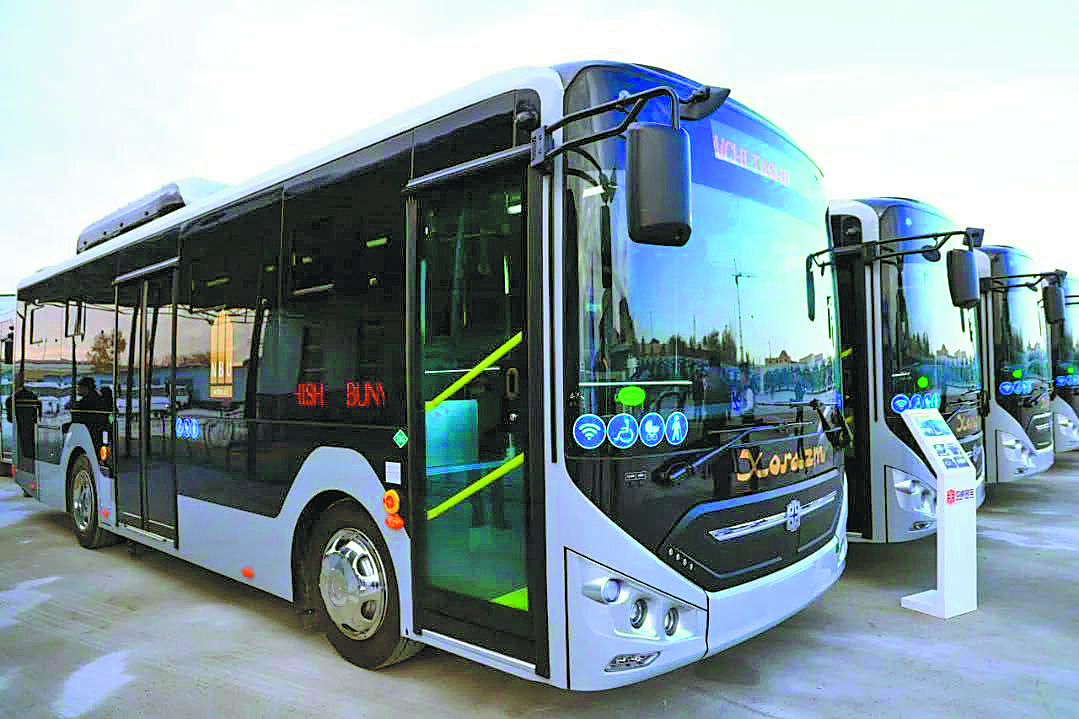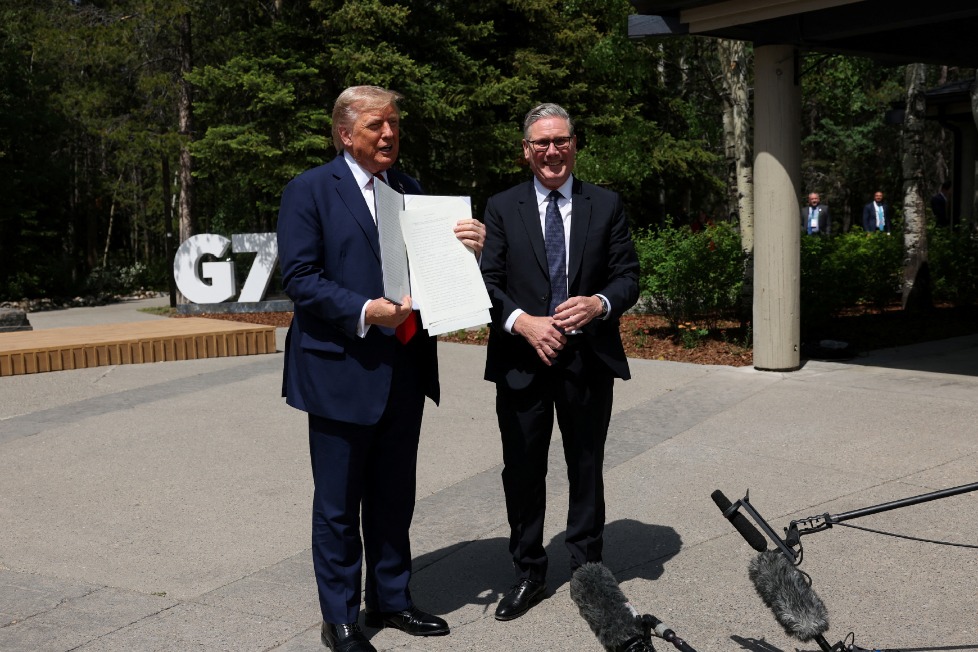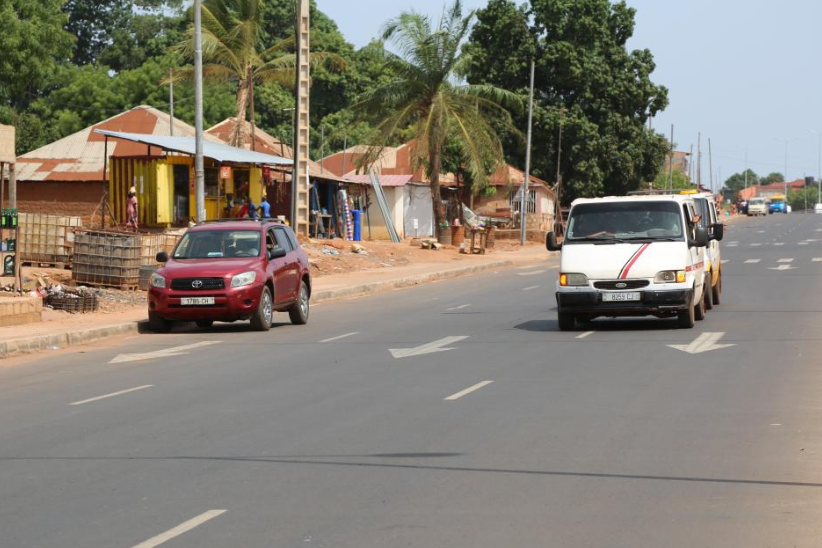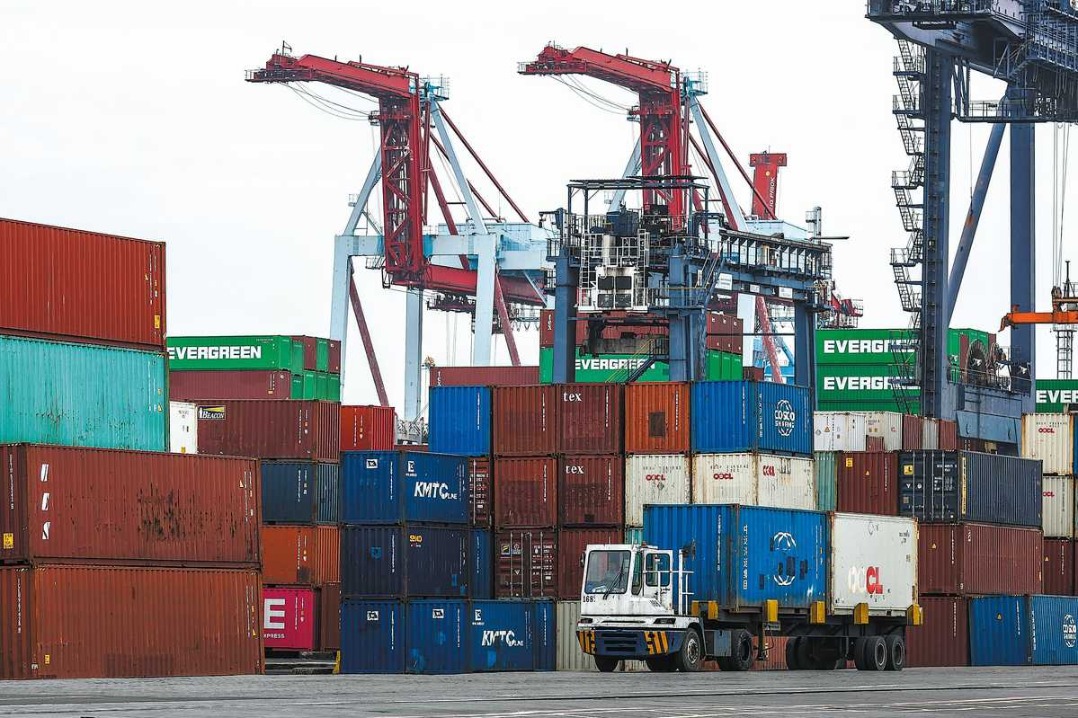National Bank of Uzbekistan increases strategic ties with Chinese partners


Over the past few years, Uzbekistan has established itself as a focal point for investors and strategic partners in Central Asia. Since the launch of extensive reforms in 2016, the country has demonstrated steady economic growth, openness to international cooperation and a commitment to modernizing key sectors of its economy.
With a population of more than 37 million people and a favorable geostrategic location between China, Russia and the Middle East, Uzbekistan is becoming an important logistic and industrial hub in the region. Thanks to the liberalization of the currency market, tax reforms, as well as active support for private business and foreign investments, the country is confidently moving toward its goal of becoming the economic driver of Central Asia.
Under the leadership of President Shavkat Mirziyoyev, Uzbekistan is steadily implementing its "Uzbekistan-2030" strategy, progressing on the path of sustainable development and modernization, offering attractive conditions in green energy, the digital economy, infrastructure and the agricultural sector. Amid the global search for new markets, the country is cooperating with international investors, standing out as a partner with stability, growth and reforms.
For more than 30 years, the National Bank for Foreign Economic Activity of the Republic of Uzbekistan has held a prominent position in the country's financial system. Today, the NBU is Uzbekistan's largest bank, serving as a conduit for sustainable economic growth, modernization and foreign economic integration, especially within the framework of strategic partnership with China.
International vision
As a financial operator with international scale, as of Jan 1, 2025, the key indicators of the NBU demonstrate its systemic significance. Its assets reached $10.5 billion; the loan portfolio is $8.4 billion; net profit is $133.3 million; and deposits are $2.9 billion.
The bank's network covers the entire country based on 129 bank branches and 213 automated 24/7 self-service points, which ensure the high quality and accessibility of services for both businesses and the general populace.
With the vision to invest in the country's future, in 2024, the bank financed more than 280 investment projects totaling more than $1.5 billion in sectors such as energy, transport, communications, metallurgy and mining. A significant portion of these funds was secured through international credit lines.
In partnership with McKinsey & Company, the NBU is implementing a three-year transformation strategy (2025-27). The main focus areas are the digitalization of processes, development of retail and corporate segments, compliance with international standards and the improvement of customer experience.
The NBU is introducing digital solutions. The online platform iBank and the Milliy mobile app enable efficient real-time financial management. Special attention is given to supporting small and medium-sized businesses through micro-finance programs, mortgage lending and cross-border transfers.
To promote its international recognition and trust, the stability and transparency of the NBU's operations are confirmed by ratings from international agencies: S&P BB-/B (Stable); Moody's Ba3 (Stable); and Fitch BB-/B (Stable).
The bank cooperates with more than 578 financial institutions from 70 countries, including JPMorgan Chase, Citibank and Deutsche Bank.
In 2025, the NBU was named "Best Bank in Uzbekistan" by Global Finance Magazine and received the EBRD award for its contribution to the development of green finance and support for small businesses in Central Asia.
Also in 2025, a public offering of eurobonds worth $400 million is planned on the London Stock Exchange, of which $100 million will be issued in the national currency.

Key focus
China remains a key focus of the NBU's international strategy. Of the total portfolio of agreements with foreign institutions amounting to $5.9 billion, more than $2.7 billion is attributed to Chinese partners, including the China Development Bank, the Export-Import Bank of China, or China EximBank, and the Silk Road Fund.
The NBU has attracted a record volume of Chinese investment into Uzbekistan's infrastructure. Together with the CDB, projects have been implemented to modernize energy networks and transport infrastructure, including the construction of power transmission lines and logistics hubs. Credit lines have been opened with the China EximBank to finance export-oriented small and medium-sized businesses by implementing 28 major infrastructure projects, more than 150 support programs and creating more than 10,000 jobs in priority sectors of logistics, energy and industry.
Under the framework of the Belt and Road Initiative, 16 credit lines from the CDB exceeding $2.2 billion have been secured.
As an example of close cooperation, within the framework of implementing the Decree of the President of the Republic of Uzbekistan, 1,575 modern buses have been delivered to the country. This project was made possible thanks to the strategic partnership with financial institutions of China, as well as close collaboration with Chinese manufacturers of automotive equipment.
The purchases are financed through external financial resources provided by Chinese banks, which underscores the high level of trust in Uzbekistan as a partner.
In the future, the NBU said it will continue to strengthen cooperation with Chinese partners in the areas of green and sustainable investments, digital financial solutions, expansion of export potential and development of logistics infrastructure.
These priorities align with global sustainable development goals and reflect the strategic synergy between Uzbekistan and China.
The NBU is a resilient financial institution that combines three decades of experience with an ambitious international agenda. Its contribution to the BRI, support for investments and commitment to best global practices make it a key link between Central Asia, China and the global economy.

































